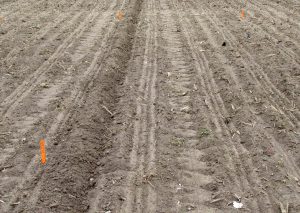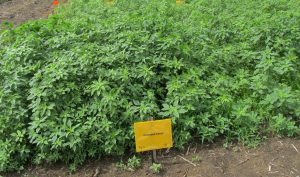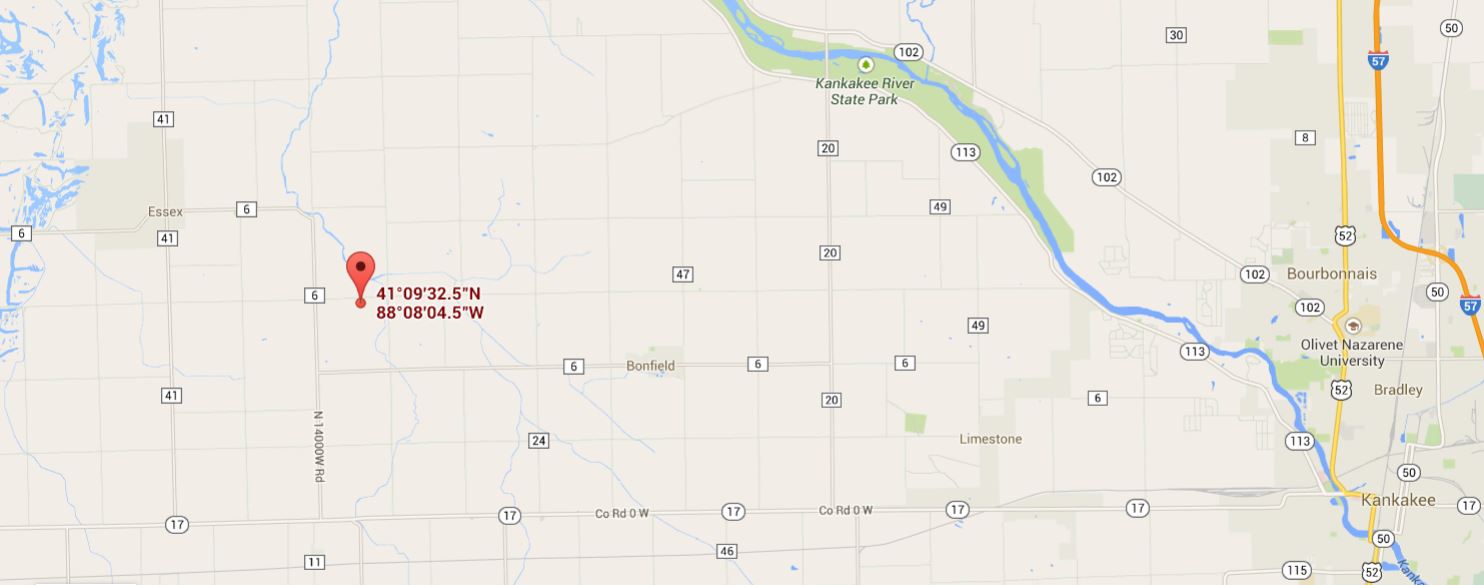Palmer amaranth Field Research Tour July 30
The University of Illinois weed science program would like to extend an open invitation to join us on July 30, 2014 for a field tour and discussions at our Palmer amaranth research site, located approximately ½ mile east of the intersection of county roads 14000 west and 3000 north (see Google map following this article) near the community of Union Hill. The tour will provide an excellent opportunity for farmers, input suppliers, members of the media, etc. to have a first-hand encounter with a Palmer amaranth population thriving just a few miles south of Illinois’ largest city. The tour will feature four presentations by weed scientists that highlight the identification, biology, and management of Palmer amaranth, and also provide ample opportunity to view the numerous research plots. Participants will receive a complimentary tour booklet that contains field research protocols and maps that will help guide them through the research plots. The tour will begin at 9:00 a.m. and conclude with a catered lunch around noon. Advanced registration can be accomplished by visiting bayerrespecttherotation.com. Everyone is welcome and there is no fee to attend this tour. Credits for certified crop advisers will be available.
Figure 1. Photographs taken at the Palmer amaranth location the day of planting (left) and six weeks after planting (right).
A brief synopsis of the four tour presentations follows:
Dr. Larry Steckel, extension weed scientist at the University of Tennessee, will provide tips on Palmer amaranth identification and also share his vast experience in managing this invasive and extremely competitive weed species in Tennessee
Dr. Pat Tranel, professor of molecular weed science at the University of Illinois, will discuss the current status of herbicide resistance among waterhemp and Palmer amaranth populations in Illinois, and also offer insights into how to best employ future technologies to manage these dioecious pigweeds
Dr. Aaron Hager, extension weed scientist at the University of Illinois, will discuss recommendations to manage Palmer amaranth in Illinois agronomic crops, including how to best utilize soil-residual herbicides in combination with intense crop scouting, timely applications of foliar-applied herbicides, and other mechanical and cultural methods
A representative of Bayer CropScience will provide an update on new Bayer traits and technologies under development to help manage Palmer amaranth and other troublesome weeds
Our Palmer amaranth field research activities and tour are in collaboration with scientists and researchers from Bayer CropScience. We thank Bayer CropScience and all our research partners for providing the research support necessary to better understand and manage Palmer amaranth in Illinois.








